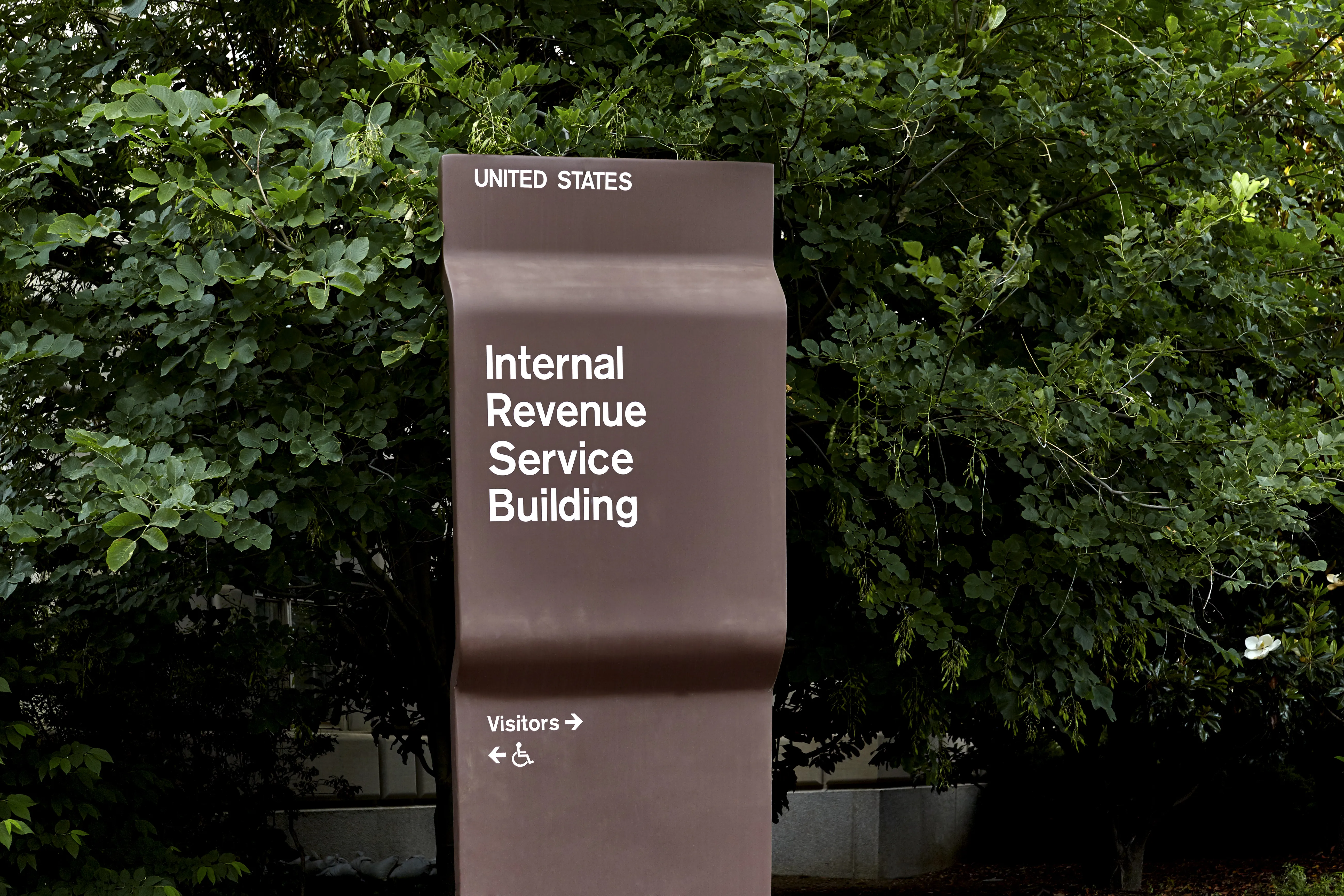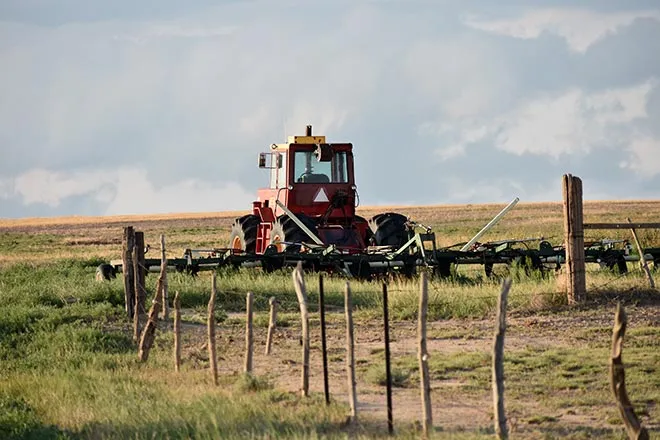
Ag research community urges Congress to avoid farm bill delays
(Wisconsin News Connection) The U.S. Farm Bill is up for reauthorization, and Congress faces calls to avoid any delays so certain programs can keep helping farmers and consumers without losing momentum.
The bill, which is passed every five years, covers several areas tied to the nation's food system, including crop insurance, SNAP benefits and conservation efforts. In the past, some programs ground to a halt because lawmakers failed to meet the deadline.
Chuck Anderas, associate policy director at the Michael Fields Agricultural Institute, said in such situations, temporary spending keeps larger elements of the plan operating, but programs of less than $50 million are not as lucky.
"A lot of the programs that support our community are funded at under $50 million a year," Anderas pointed out. "A lot of those are research-focused things on sustainable ag."
Possible delays come as farmers face pressure to reduce their carbon footprint. SNAP benefits, formerly known as food stamps, are often a main point of Farm Bill debate, with GOP lawmakers sometimes calling for cuts or reforms. They are doing so again this time, although it is unclear how much it will impact negotiations. Other policy fights surrounding the bill are expected, too.
Anderas argued pausing research and outreach programs would be devastating for farmers and nonprofits as they try to make gains in addressing climate issues facing agriculture.
"There's a lot of big challenges on the horizon for agriculture," Anderas emphasized. "Climate change is making extremes of weather more difficult to deal with."
He added farmers and the groups they work with are trying to scale up solutions to make their land more resilient to prolonged droughts or flooding.
Groups such as Michael Fields also are trying to help producers take on more crop and livestock diversity, meaning consumers might not feel the pinch as much when there's a major catastrophe or market disruption.
The current Farm Bill is due to expire at the end of September.
















